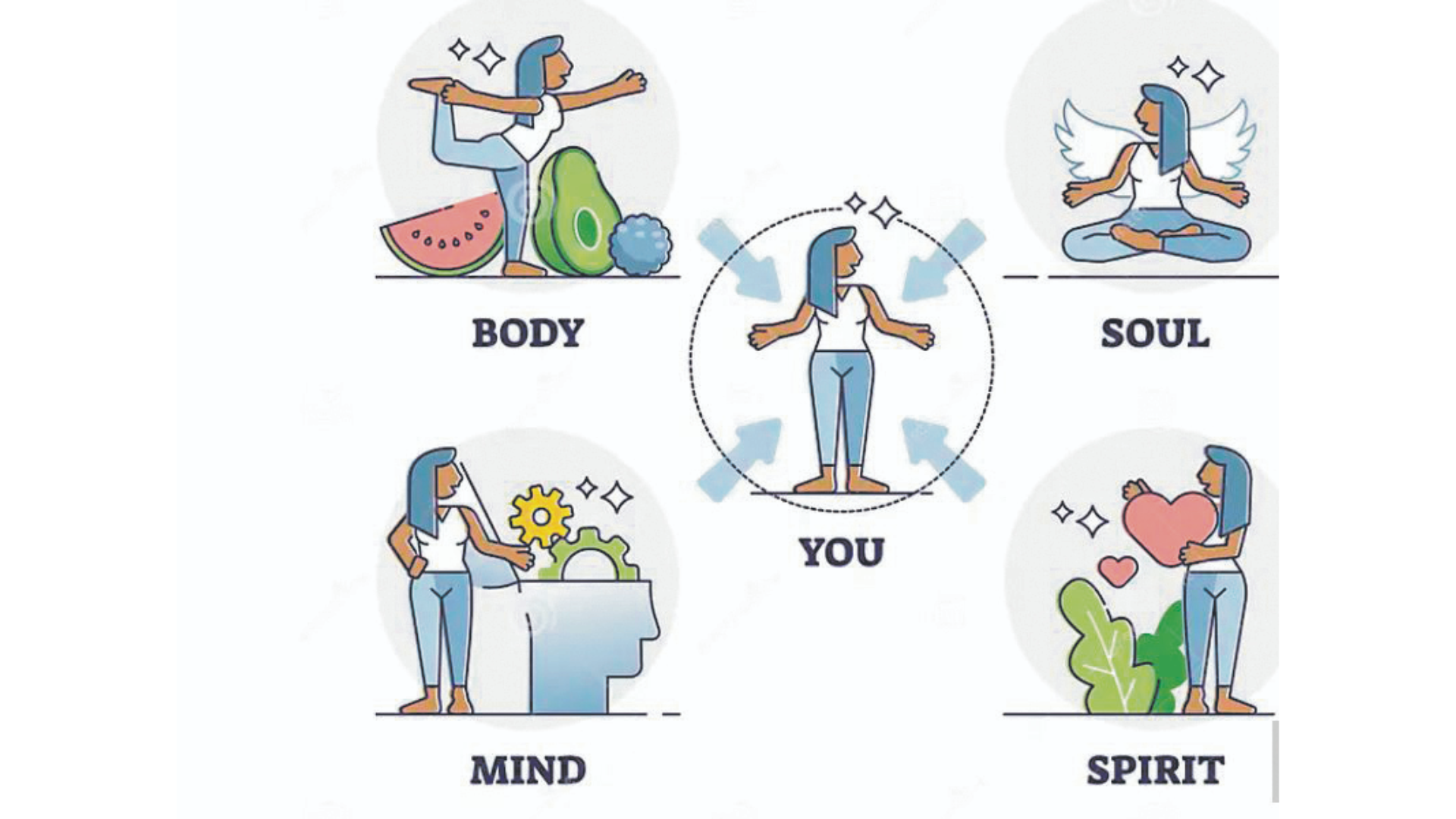
Aristotle (384-322 BCE) defined the soul as the ‘first actuality’ of a naturally organized body, asserting its separate existence from the physical body. The soul encompasses the mind, character, thoughts, and feelings of the body, representing the nonphysical aspect responsible for the functions of the mind and individual personality, believed to persist after the death of the physical body. It is crucial to emphasize that the soul is not synonymous with the mind.
The soul possesses its own character and independence. Character, in this context, refers to the combination of qualities that distinguish individuals from one another, shaped by how one behaves in the face of challenges and adversities. A human being comprises soul, mind, and body, distinct yet united within the same body, communicating with each other. Knowledge may earn respect, but character commands respect.
The soul’s function is to maintain the harmony between spirit and body, ensuring they uphold their proper relationship. The body, as the lowest aspect, submits to the spirit, allowing the highest aspect, the spirit, to control the body through the intermediary of the soul. The body interacts with the tangible elements of the material world through its five physical senses, serving as the external part of our being and containing the soul, which, in turn, is the vessel containing the spirit.
Character remains inseparable from the person, as actions not only reflect one’s character but can also influence and shape it. The body represents world consciousness, while the soul signifies self-consciousness. Direct control of the body by the spirit is impossible; it requires a medium. This medium is the soul, produced when the spirit touches the body, acting as the binding force between the spirit and the body. The spirit governs the body through the soul, subjecting it to God’s power. Conversely, the body can influence the spirit through the soul, prompting a love for the world.
The soul is the master of a person, as man’s will is part of the soul. Unless the soul yields its rule to the spirit, the spirit cannot govern. This is because the soul serves as the origin of man’s personality.